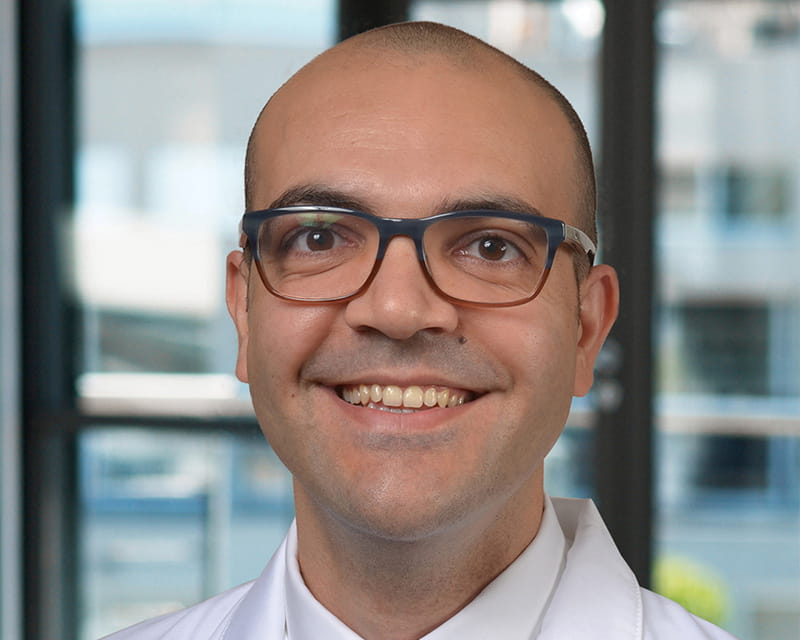
The Ohio State University Wexner Medical Center expands treatment options for patients with COPD

Managing a patient’s vasculitis care poses strategic challenges for physicians. It’s a complex disease that affects multiple organs and often requires the attention of multiple specialists.
To simplify disease management, the Multidisciplinary Vasculitis Clinic at Ohio State Wexner Medical Center partners with physicians to offer comprehensive patient care – in one location.
“The collaborative environment allows us to work together, actively engaging the patient in all aspects of care and formulating a truly cohesive plan,” explains Lynn Fussner, MD.
We provide coordinated treatment involving experts from a wide array of specialties – including pulmonology, rheumatology and nephrology.
Because vasculitis involves inflammation of blood vessels affecting many organs, we treat many conditions, including:
We evaluate each care element for effectiveness and impact on the patient’s overall well-being. Our goal at the Multidisciplinary Vasculitis Clinic is efficient, patient-centered care.
Learn more about innovations in care and research from the Division of Pulmonary, Critical Care and Sleep Medicine.